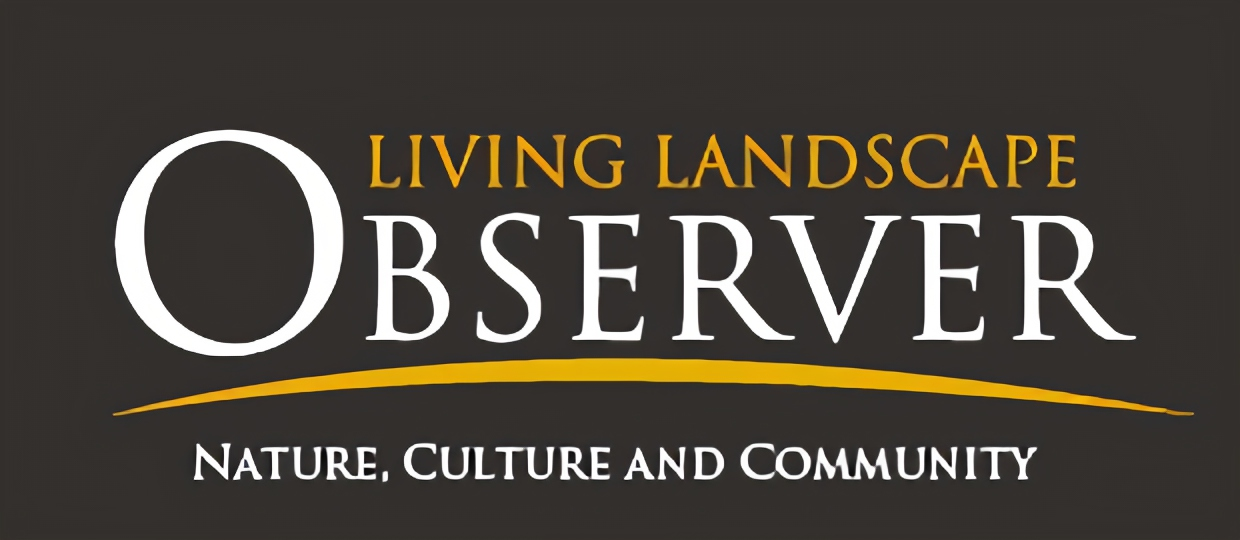To provide observations and information on the emerging fields of landscape scale conservation, heritage preservation, and sustainable community development.
Newsletter
Stay up-to-date with the latest nature, culture and community news.
We won’t spam you or share your information. Newsletters are sent approximately 10 times a year. Unsubscribe at any time.
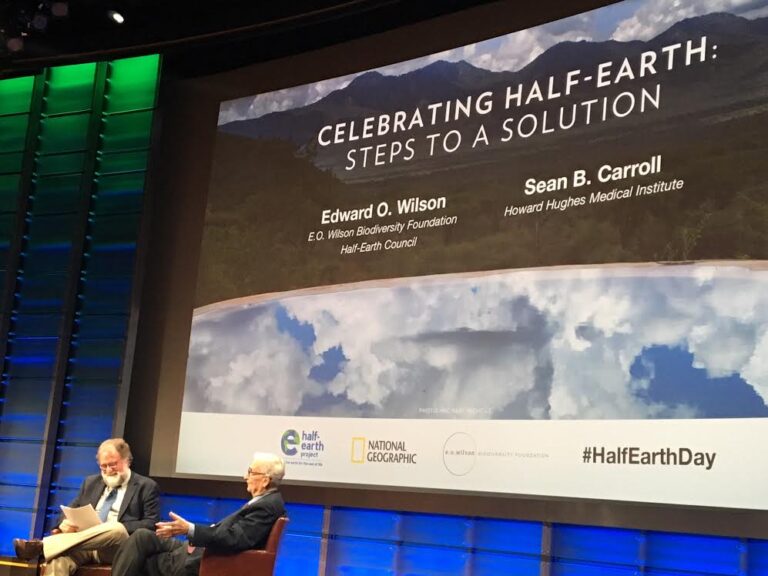
Half Earth and Thirty by Thirty – Large Landscape Ideas Take Hold
How much of our planet needs to be protected to conserve its biodiversity? Renowned biologist, naturalist, and author E.O. Wilson proposes saving half the planet. He argues it is the amount required to save 80 percent of the world’s species. More recently a global scientific consensus has emerged around a more specific formula – to conserve 30 percent of the planet’s lands and waters by 2030.
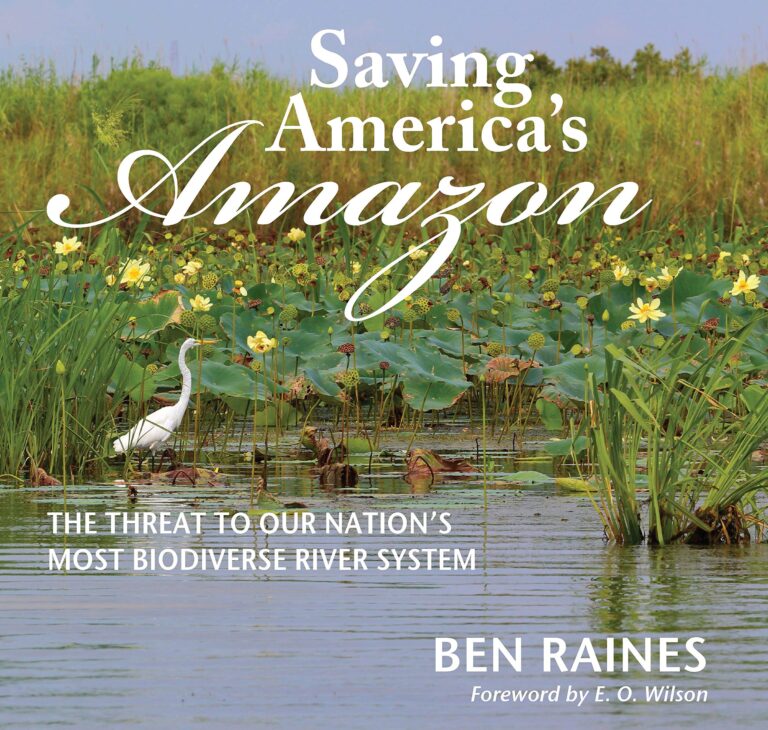
Saving America’s Amazon: The threat to our nation’s most biodiverse river
Saving America’s Amazon: The Threat to Our Nation’s Most Biodiverse River by Ben Raines takes us deep into one of those places that need our best ideas on protecting one of our most valuable, but little know watersheds – the Mobile River system and specifically the Mobile-Tensaw Delta. Beautifully written and illustrated, this book is a testament to why we need to act now.
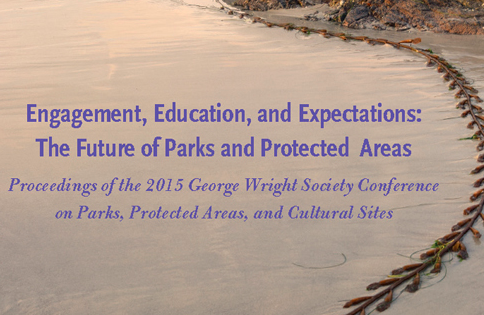
The Value of the George Wright Society Conference
The events of the past year, along with the ongoing crisis of global climate change, all underscore the need for a robust system of protected areas that can serve as sites of dialogue, research, and rejuvenation. But how do we ensure that these sites, which vary tremendously in their scale and their approaches to land management, remain connected to one another? What mechanisms can be put in place to facilitate knowledge exchange among staff, partners, and volunteers? And how can we continue to bridge the artificial divides of science / humanities and nature / culture that (still) remain so pervasive?
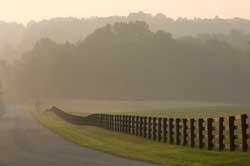
The National Heritage Areas Act: Now is the Time
The first National Heritage Area was designated in 1984 and today there 55 areas showcasing the nation’s rich cultural and natural resources. But while evaluations and lived experience show the success of the idea, official acknowledgement of NHAs as part of the park service family has not been achieved despite years of advocacy. Read here why now is the time to recognize NHAs as a legislatively authorized component part of the National Park Service.

Stories That Captured Your Attention
In 2020, it often seemed as if each day held a year’s worth of headlines. As a result, stories that might have merited front page coverage in the recent past managed to escape significant media and public scrutiny. Our most popular post of 2020, “While We Were Not Watching,” tried to capture some of these missing narratives, especially as they related to the protection (or lack thereof) of large landscapes. More hopeful writings on the potential for large landscape conservation to aid in economic revitalization or contribute to the practice of interpretation and storytelling, also garnered attention over the past year.

Half Earth and Thirty by Thirty – Large Landscape Ideas Take Hold
How much of our planet needs to be protected to conserve its biodiversity? Renowned biologist, naturalist, and author E.O. Wilson proposes saving half the planet. He argues it is the amount required to save 80 percent of the world’s species. More recently a global scientific consensus has emerged around a more specific formula – to conserve 30 percent of the planet’s lands and waters by 2030.

Saving America’s Amazon: The threat to our nation’s most biodiverse river
Saving America’s Amazon: The Threat to Our Nation’s Most Biodiverse River by Ben Raines takes us deep into one of those places that need our best ideas on protecting one of our most valuable, but little know watersheds – the Mobile River system and specifically the Mobile-Tensaw Delta. Beautifully written and illustrated, this book is a testament to why we need to act now.

The Value of the George Wright Society Conference
The events of the past year, along with the ongoing crisis of global climate change, all underscore the need for a robust system of protected areas that can serve as sites of dialogue, research, and rejuvenation. But how do we ensure that these sites, which vary tremendously in their scale and their approaches to land management, remain connected to one another? What mechanisms can be put in place to facilitate knowledge exchange among staff, partners, and volunteers? And how can we continue to bridge the artificial divides of science / humanities and nature / culture that (still) remain so pervasive?

The National Heritage Areas Act: Now is the Time
The first National Heritage Area was designated in 1984 and today there 55 areas showcasing the nation’s rich cultural and natural resources. But while evaluations and lived experience show the success of the idea, official acknowledgement of NHAs as part of the park service family has not been achieved despite years of advocacy. Read here why now is the time to recognize NHAs as a legislatively authorized component part of the National Park Service.

Stories That Captured Your Attention
In 2020, it often seemed as if each day held a year’s worth of headlines. As a result, stories that might have merited front page coverage in the recent past managed to escape significant media and public scrutiny. Our most popular post of 2020, “While We Were Not Watching,” tried to capture some of these missing narratives, especially as they related to the protection (or lack thereof) of large landscapes. More hopeful writings on the potential for large landscape conservation to aid in economic revitalization or contribute to the practice of interpretation and storytelling, also garnered attention over the past year.
